Date: June 16, 2025
International Affairs Correspondent
Geneva — A diplomatic storm is brewing at the United Nations Human Rights Council (UNHRC) after Azerbaijan reportedly attempted to block a Christian non-governmental organization (NGO) from speaking about alleged human rights abuses in Nagorno-Karabakh, the disputed region at the heart of decades-long conflict between Armenia and Azerbaijan.
According to several human rights advocates and UN observers, Azerbaijan challenged the accreditation of Christian Solidarity Worldwide (CSW), an NGO that has consistently documented the persecution of ethnic Armenians—most of whom belong to the Armenian Apostolic Church—amid Azerbaijan’s military operations in the region.
Intervention Sparks Controversy
The incident occurred during a side event on religious freedom and conflict zones held on the sidelines of the 56th session of the UNHRC in Geneva last week. CSW’s representative was scheduled to present a report detailing the destruction of Christian heritage sites, forced displacement of Armenian Christians, and restrictions on religious practice following Azerbaijan’s 2023 takeover of Nagorno-Karabakh.
However, before the representative could take the floor, Azerbaijan’s delegation raised a procedural objection, alleging the NGO’s statements were “politically motivated,” “inflammatory,” and in violation of the Council’s code of conduct.
The Council’s chair briefly suspended the event to review the intervention, prompting protests from multiple civil society organizations and some Western member states who accused Azerbaijan of using procedural tactics to muzzle dissent and avoid accountability.
Christian Heritage and Human Rights at Stake
CSW’s suppressed statement reportedly included references to satellite imagery showing deliberate erasure of Armenian Christian monasteries and cemeteries, restrictions on clergy movement, and the forced closure of churches in the formerly Armenian-controlled enclave.
“These actions are not only a violation of religious freedom but amount to cultural cleansing,” said Dr. Anna Weiler, an analyst with the European Forum for Religious Freedom. “Attempting to silence voices raising such concerns is deeply troubling.”
Azerbaijan’s permanent mission to the UN in Geneva issued a response, calling the accusations “baseless” and accusing CSW of “disseminating disinformation aimed at undermining Azerbaijan’s sovereignty.”
International Reaction and Tensions
The United States and France, both long-time observers of the South Caucasus peace process, expressed concern over Azerbaijan’s actions at the UN. In a joint statement, they reaffirmed the need for open civil discourse at international forums and called for full access to the region for independent human rights monitors.
Meanwhile, Armenian diaspora organizations and religious freedom advocates condemned what they see as a broader pattern of systematic silencing of Christian voices critical of Azerbaijan’s policies.
“This is part of a continuing effort to erase the Armenian Christian identity of Artsakh,” said Archbishop Aram Bedrosian of the Armenian Church in Switzerland, using the Armenian name for Nagorno-Karabakh. “We must not allow geopolitics to override truth and justice.”
A Growing Pattern of UN Silencing?
This is not the first time Azerbaijan has attempted to challenge NGO statements at the UN. In recent years, it has raised objections against humanitarian organizations, academic researchers, and religious freedom advocates critical of its actions in Nagorno-Karabakh and its domestic treatment of dissenters.
Observers warn that allowing such challenges to go unchecked could erode the integrity of UN human rights mechanisms, particularly if member states continue to exploit procedural rules to shield themselves from scrutiny.
Looking Ahead
As diplomatic tensions rise, CSW has vowed to resubmit its findings through other UN mechanisms, including the Special Rapporteur on Freedom of Religion or Belief. Meanwhile, calls are growing for a UN-led investigation into the treatment of religious minorities and cultural sites in Nagorno-Karabakh.
“The world must not look away,” said Dr. Weiler. “Silencing truth only deepens injustice.”
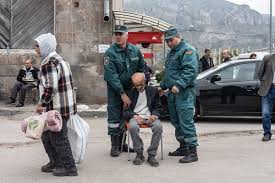
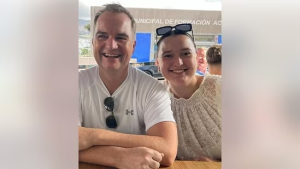
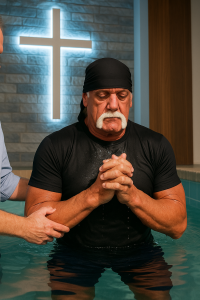
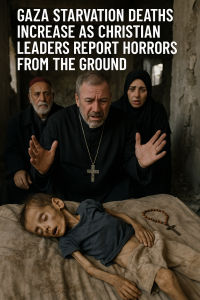
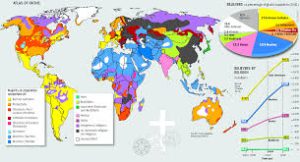
Be First to Comment